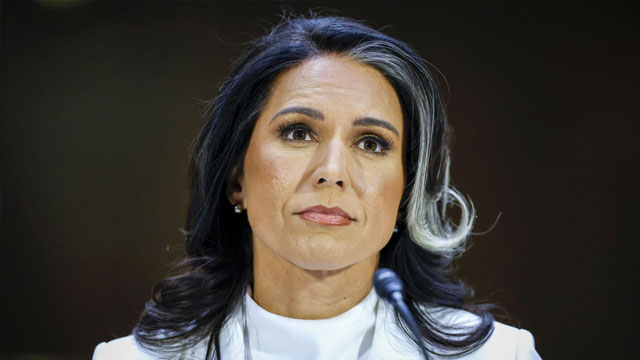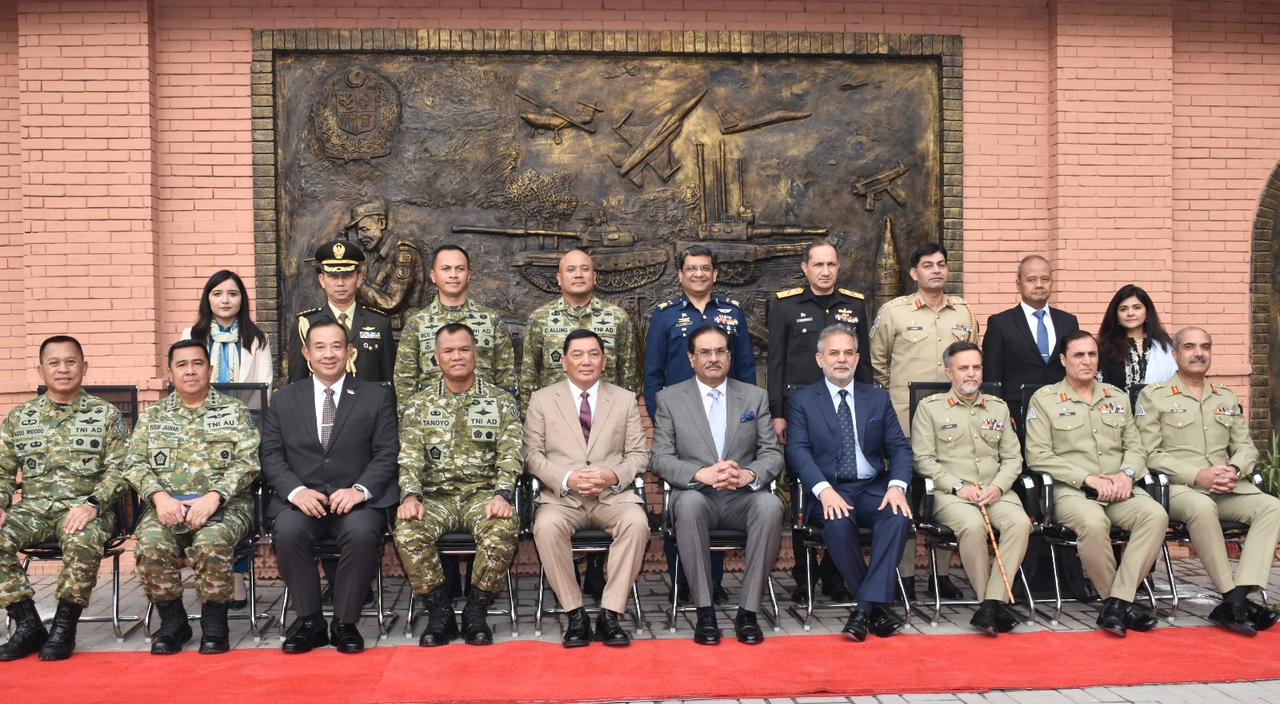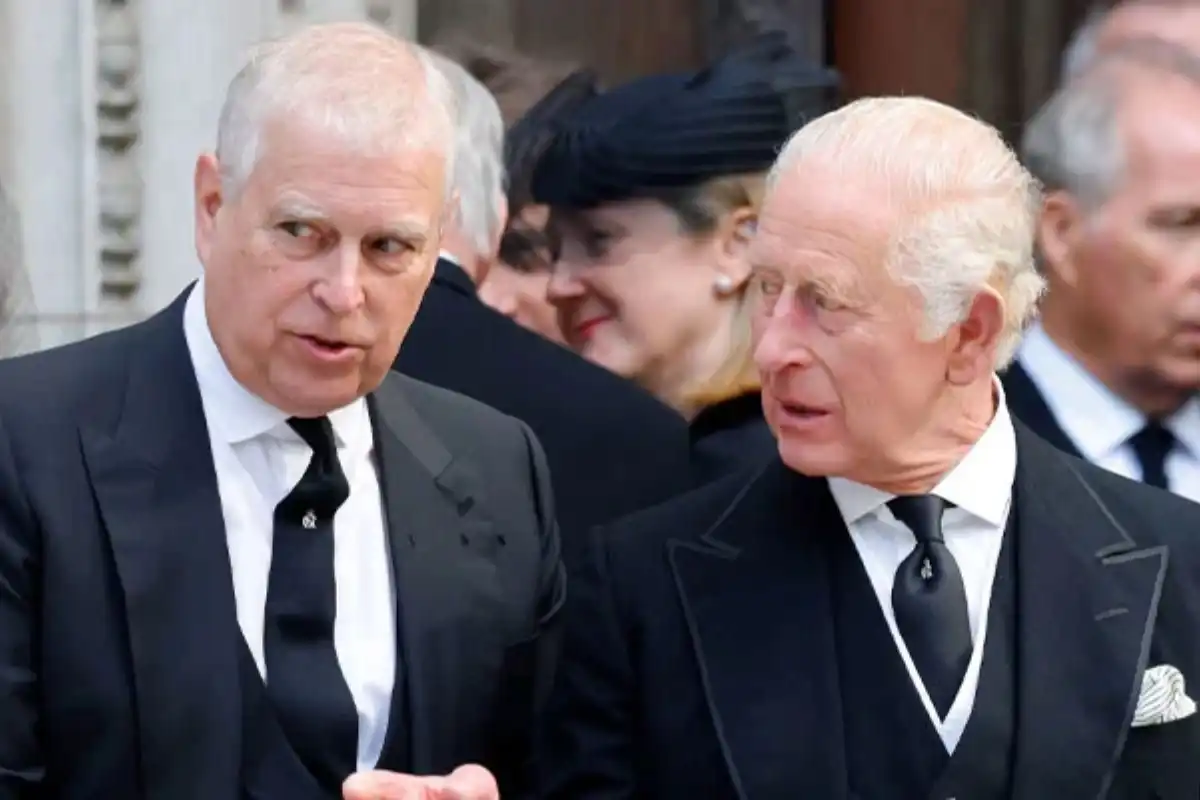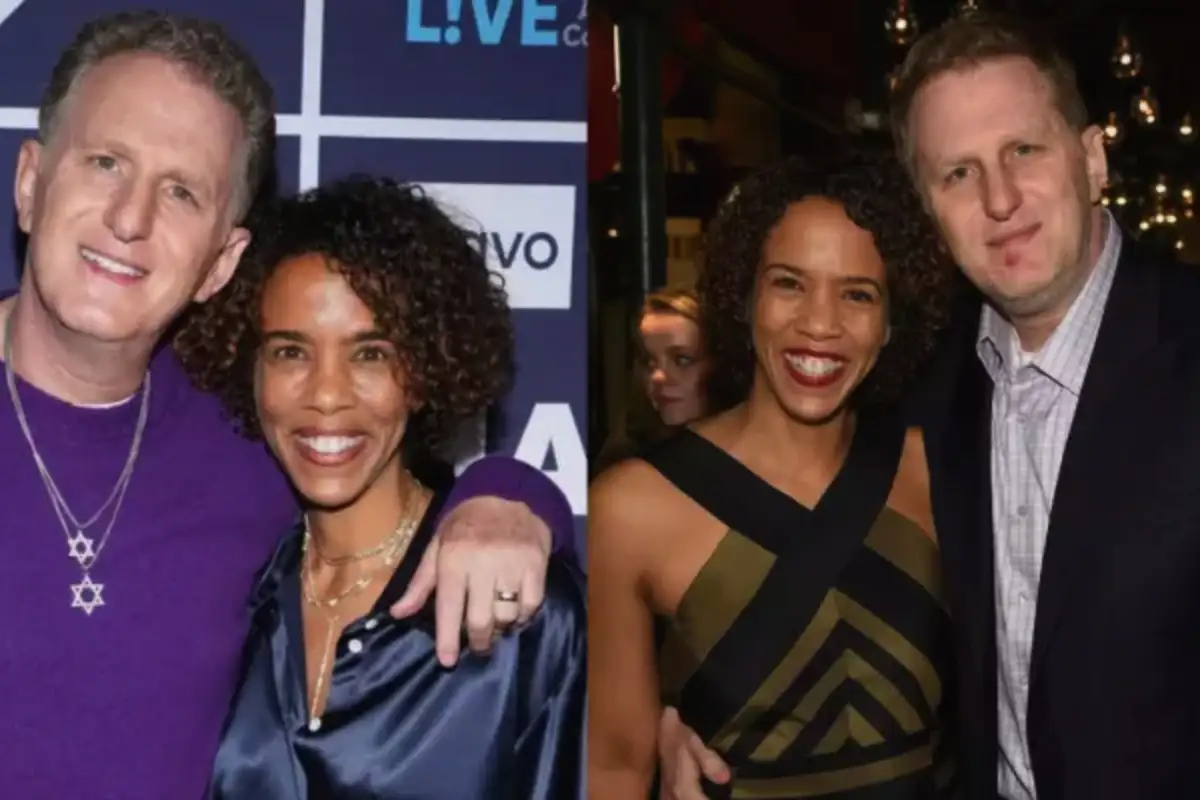Who is Tulsi Gabbard? Biography, Age & Net Worth

Who is Tulsi Gabbard? Biography, Age & Net Worth
Tulsi Gabbard, born on April 12, 1981, has traversed a complex political and military landscape, emerging as a key figure in American governance.
Since 2025, she has held the position of the 8th Director of National Intelligence, bringing with her an extensive military background, having ascended to the rank of lieutenant colonel in the U.S. Army Reserve in 2021. Her political career, which began as a Democratic representative for Hawaii’s 2nd congressional district from 2013 to 2021, took a turn when she aligned with the Republican Party in 2024, solidifying her ideological shift. Notably, her tenure as Hawaii’s youngest state legislator from 2002 to 2004 set the stage for a trajectory defined by service, controversy, and transformation.
Military Career and Early Public Service
Gabbard’s commitment to military service began in 2003 when she enlisted in the Hawaii Army National Guard. Her deployment to Iraq from 2004 to 2005 saw her serve in a medical unit, earning the esteemed Combat Medical Badge. Demonstrating an unwavering dedication to service, she later completed officer training at the Alabama Military Academy in 2007 and, the following year, was stationed in Kuwait as an Army Military Police officer. By 2015, while concurrently serving in Congress, she was promoted to the rank of major in the Hawaii Army National Guard. Her military career saw further advancements when she transitioned to the U.S. Army Reserve in 2020 and earned the rank of lieutenant colonel in 2021.
Congressional Tenure and Presidential Aspirations
Upon her election to the U.S. House of Representatives in 2012, Gabbard made history as both the first Samoan American and the first Hindu to serve in Congress. She took an active role on the House Armed Services Committee, advocating for veterans’ rights, and on the House Foreign Affairs Committee, where she gained attention for her outspoken stance against military interventions in Syria. In her fourth term, she was appointed to the Intelligence Subcommittee, overseeing military intelligence and counterterrorism.
In 2020, she launched a presidential campaign with a populist, anti-interventionist platform. However, facing significant obstacles, she ultimately withdrew and endorsed Joe Biden in March of that year. Previously, she had served as the vice-chair of the Democratic National Committee (DNC) from 2013 to 2016 but resigned in a bold move to support Bernie Sanders’ presidential bid. By 2021, she departed Congress and began adopting positions that increasingly diverged from the Democratic mainstream, particularly on social issues, border security, and foreign policy.
Political Realignment and Trump Endorsement
Gabbard severed ties with the Democratic Party in 2022, branding it as an elitist establishment out of touch with American values. Two years later, in 2024, she endorsed Donald Trump in his bid for the presidency and officially joined the Republican Party. Her nomination as Director of National Intelligence by Trump ignited fierce scrutiny, particularly concerning her past statements on Syria and the Russian invasion of Ukraine. While some within the Republican Party raised concerns, many veterans and conservative allies defended her credentials, emphasizing her military background and legislative experience. In February 2025, she secured Senate confirmation, becoming the highest-ranking Pacific Islander American in U.S. history.
Early Life and Education
Born in Leloaloa, American Samoa, Gabbard grew up in a diverse household influenced by her father’s Samoan and European heritage and her mother’s Midwestern roots. The family relocated to Hawaii when she was two years old, where she was largely homeschooled, with the exception of a brief period in the Philippines. Her upbringing was shaped by martial arts, surfing, and spiritual teachings from the Bhagavad Gita, which ultimately led her to embrace the Hindu faith.
As a young adult, she worked with organizations founded by her father, including Stand Up For America (SUFA), which emerged in response to the 9/11 attacks. She was also affiliated with the Alliance for Traditional Marriage and Values, a group advocating against same-sex marriage. Additionally, she engaged in environmental activism through the Healthy Hawai’i Coalition before pursuing a brief career as a martial arts instructor.
At the age of 21, Gabbard abandoned her studies at Leeward Community College, where she had been focusing on television production, to run for the Hawaii State Legislature. Her election made her the youngest woman ever to serve as a U.S. state representative. She later earned a Bachelor of Science in Business Administration from Hawaii Pacific University in 2009.
Military Distinctions and Deployment
Gabbard’s military journey took her to Iraq in 2004, where she served under combat conditions, ultimately earning the Combat Medical Badge for her role in active engagements. Opting not to seek reelection in the state legislature due to her deployment, she later reentered service in 2008 as an Army Military Police officer stationed in Kuwait. She distinguished herself by becoming the first woman to enter a Kuwaiti military facility and was awarded recognition from the Kuwait National Guard.
In 2015, she was promoted to the rank of major and, in 2020, transitioned to the U.S. Army Reserve, where she played a crucial role in civil affairs operations in Africa. In 2021, while deployed in support of a special operations mission, she was promoted to lieutenant colonel, further cementing her military leadership credentials.
Shift to the Republican Party and Intelligence Leadership
Gabbard’s departure from the Democratic Party in 2022 marked a clear ideological pivot. She became a vocal critic of progressive policies and frequently appeared on conservative platforms. In 2024, she fully embraced the Republican Party, endorsing Trump’s candidacy and assuming a key role in his campaign.
Following Trump’s victory, he selected Gabbard as the Director of National Intelligence, a role that placed her at the helm of 18 U.S. intelligence agencies. Her nomination reignited concerns over her foreign policy views, particularly her prior engagement with Syrian President Bashar al-Assad and her skepticism of U.S. intelligence assessments regarding chemical weapons use in Syria. She also drew criticism for echoing Russian narratives about Ukraine’s NATO ambitions, leading some to question her alignment with U.S. strategic interests.
Despite a contentious confirmation process, she secured the position with a 52-48 Senate vote. Republican Senate Minority Leader Mitch McConnell was the lone defector, opposing her appointment. On February 12, 2025, she officially assumed office.
Personal Life
Gabbard’s personal life has seen its share of changes. In 2002, she married Eduardo Tamayo, but their union ended in divorce four years later. In 2015, she married cinematographer Abraham Williams, with whom she has shared her journey through political and military service.
Tulsi Gabbard’s trajectory from a young state legislator to a central figure in U.S. intelligence underscores a career marked by ideological shifts, political recalibrations, and a steadfast commitment to military service. Whether lauded or scrutinized, she remains a compelling and polarizing figure on the American political stage.
Catch all the Biography News, Breaking News Event and Trending News Updates on GTV News
Join Our Whatsapp Channel GTV Whatsapp Official Channel to get the Daily News Update & Follow us on Google News.














